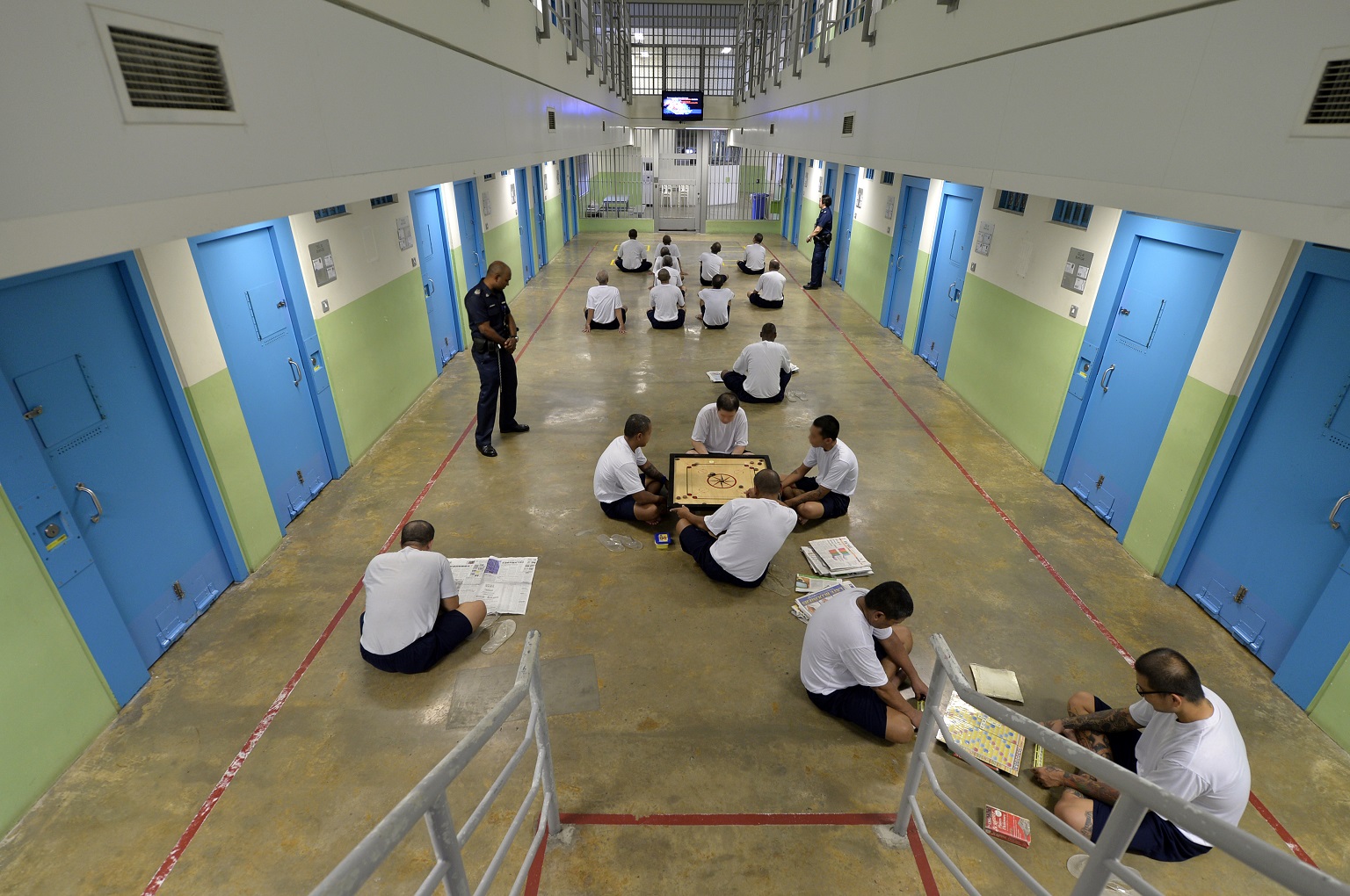Parliament: MPs query about law that detains criminal suspects without trial
Sign up now: Get ST's newsletters delivered to your inbox

The latest version of the Criminal Law (Temporary Provisions) Act includes changes such as giving the Home Affairs Minister the final say on whether detention is necessary for reasons of public safety, peace and good order.
ST PHOTO: DESMOND FOO
Follow topic:
SINGAPORE - The debate over the Criminal Law (Temporary Provisions) (Amendment) Bill saw Members of Parliament raise questions on various aspects of the Bill. Here is what some of them said and Home Affairs and Law Minister K. Shanmugam's response.
Premature extension of the Act
Mr Murali Pillai (Bukit Batok) and Ms Sylvia Lim (Aljunied GRC) raised concerns that Parliament was being asked to extend the Criminal Law (Temporary Provisions) Act prematurely when it was only due to expire on Oct 20 next year (2019).
Mr Murali said the sunset clause was a safeguard to ensure periodic scrutiny by Parliament before approving an extension that lapses every five years.
"Seeking an extension too early before expiry of the Act thus reduces the effect of the safeguard, as Parliament would not have benefit of being apprised of the most current security situation in Singapore close to the expiry of the Act, to decide whether to extend it," he said.
What Mr Shanmugam said: the Government decided to include the extension along with the proposed amendments. "We are making a number of amendments and I'm taking the opportunity to also extending the life of the Act at the same time," he said.
Listing offences could dilute need for full explanation on detention
Mr Louis Ng (Nee Soon GRC) raised the issue on whether the listing of offences in the Act would reduce the pressure for explanations and justifications for criminal detention.
"The Minister may simply be tempted to point at the list of offences as the basis for the decision," he said.
Mr Murali also asked if specifying the list of the type of criminal activities under the Act would "unduly tie down the minister's hands" and make authorities "less nimble in tackling the evolving types of criminal activities".
What Mr Shanmugam said: the minister would now have to fulfil two criteria: firstly that the requirements under an existing Section 30 that sets out the grounds for detention are satisfied and secondly that the offence is listed on the schedule. He said: "The same requirements continue. In addition, the minister has got to show that it's listed in the schedule."
Relying less on detention without trial
NMP Kok Heng Leun and Mr Ng both asked whether there was room to re-evaluate the necessity of the Act.
Mr Kok said there have been proposed amendments to the Evidence Act and the Criminal Procedure Code to enhance protection of witnesses. The recent Cybersecurity Bill also contained provision to protect informants, he said.
Said Mr Kok: "(We should) consider tweaking witnesses protection methods to better protect witnesses to offences which the CLTPA are applicable, rather to continue relying on detaining individuals without trial as part of the overall security strategy."
Mr Ng also asked if there was a need for the Act to list offences that were already dealt with under their respective legislation. Instead he asked whether it was possible that other legislation be amended instead to address the difficulty in securing witness testimony in open court and lessen the need to rely on the powers of the Act.
What Mr Shanmugam said: the general approach was to go through court trial and suggestions to amend other legislation to secure witness testimony have been considered but were found to be "not workable". "It's difficult to have a secret testimony from one witness who cannot be cross-examined and whom the judge can talk to, but no one else can talk to."

